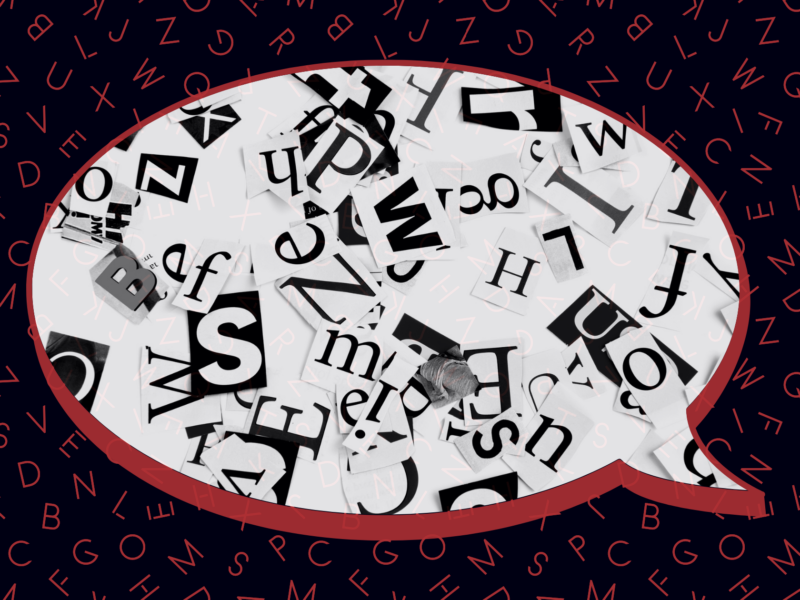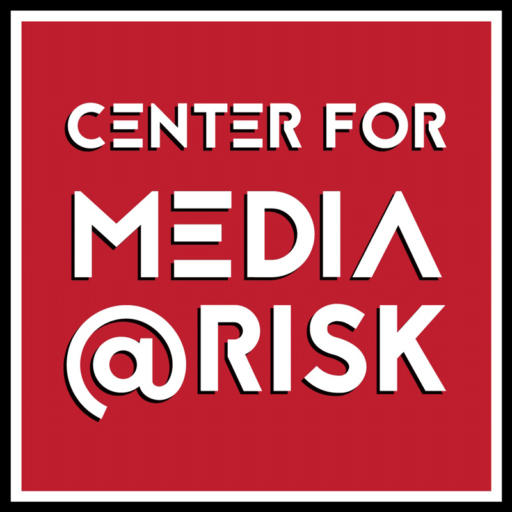Over-information and Coronavirus
Originally published in Clarin, March 9, 2020
Silvio Waisbord
We used to think that lack of information is the problem. The global panic unleashed by the “coronavirus” confirms otherwise. The abundance of data, rumors, pronouncements, advice and announcements is a formidable challenge without clear solutions. Overinformation scares, drives us crazy, paralyzes, frustrates. It shows that we are not prepared to classify torrents of information from different sources to understand what is happening and act rationally. Everyday life is not designed to consume information responsibly; it aggravates the chaos and promotes confusion, especially on issues outside the knowledge of most human beings, such as genetic sequence or immune system
That there is confusion does not seem to be an urgent problem when it comes to issues without major relevance in everyday life. The confusion produced by the abundance of information does not obsess us nor do we give it greater importance. We continue to live with limited knowledge and relative ignorance about an infinite number of topics.
Seoul, South Korea, 03/09/2015 – South Koreans watch TV news for information on the regional occurrence status of the COVID-19 and coronavirus epidemic, in Seoul, South Korea, 09 March 2020. With over 7,380 confirmed cases of coronavirus, South Korea currently accounts for the highest number of infections outside mainland China. (South Korea, Seoul) EFE / EPA / JEON HEON-KYUN
Things are different when we face a phenomenon like the “coronavirus”, a global threat that changed the routines of companies, schools and governments. Alarms sounds loud on jobs, travel, commerce and banking system. It seems that we are inevitably marching towards the alleged apocalypse, according to the doomsayers.
In this situation, it is not enough to use habitual shortcuts to cut through the informative jungle, full of sayings and contradictions. The sources of information on the virus keep multiplying, and there are still huge doubts, an inevitable product of the same novelty of the virus. The confusion persists even when experts have minimal consensus about what we know and do not know.
Everyone acts as if they were epidemiologists. Social media is a carnival of versions and counter-conversions – the flow for opinions that distill fourth-hand information without reliable knowledge of their own, even though Facebook¸ You Tube and Twitter have tried to eliminate false content and prioritize data from reliable sources. In China and Iran, despots prefer propaganda over accurate data, censor reality, and persecute those who dare to report the truth. Trump proclaims his convictions as if he were a versed virologist, mixing versions, sowing doubts, and spreading blame. Russia asserts that disinformation bots do not belong to it. Conspirators of different political color unleash wild versions and feed the beast of misinformation. There are plenty of irresponsible people whose main concern is to obtain political revenue and take advantage of the general confusion.
In these circumstances, experts strive to be heard and explain the usual procedures for disease detection and control, vaccine production and other issues. Anyone who really wants to know what is known has only to check what the institutions specializing in infectious diseases – transmission, prevention and care. They are the ones who are dedicated to understanding viruses and vaccines, even when there are no television cameras or trends in social media. From time to time they manage to raise their voice respectful of the available data and scientific caution, paradoxically in the same means that they sensationalize to increase audience. However, his expertise is barely visible in a world full of misinformation. Sanity and moderation are lost in the black hole of ceaseless traffic.

An additional problem is the widespread and unfounded suspicion of experts, especially in health matters. Science is contradicted by subjective impressions as if they were comparable and based on personal feelings that there is a political-media-corporate collusion. The effects of vaccines with evidence of questionable origin are doubted. Easy criticism is popularized as a natural right when “data” is found that confirms any version, beyond its non-existent link with reality.
Public distrust of football specialists, restaurant critics, and professionals of home organization is no major problem, or at least it does not seem that it has serious consequences for the world economy or global health. Instead, distrust of health experts presents problems. It becomes a real danger in delicate circumstances such as the current situation. To the incompetence, neglect and malice of governments is added free-wheeling, baseless skepticism about public health specialists.
When key decisions depend on the credibility of the institutions, we realize the harmful consequences of believing that any opinion is valid or thinking that informative chaos is beneficial. Information abundance is used by actors interested in selling ignorance and perpetuating prejudices to obtain their own benefits.
Like any crisis, the epidemic reveals long-running problems. It magnifies the negative consequences of demonizing science and cutting the autonomy and financing of public health. It reflects the ease with which people are stigmatized and instant opinion is formed without a thread of evidence. It exhibits the enormous difficulties of health systems to attend emergencies and care for the most vulnerable people. The consequences are paid when long-term problems are ignored, and the informative turmoil is considered a mere fun or curiosity of our times.
Silvio Waisbord is Professor in the School of Media and Public Affairs at George Washington University. He is the author/ editor of 16 books, as well as journal articles, book chapters and newspaper columns on journalism, politics and social change. He is the former Editor-in-Chief of the Journal of Communication and the International Journal of Press/Politics. He has lectured and worked in more than 30 countries in the Americas, Europe, Asia and Africa. A Fellow of the International Communication Association, he has served on the Advisory Board of the Latin American program of Open Society Foundations. Follow him on Twitter @silviowaisbord


